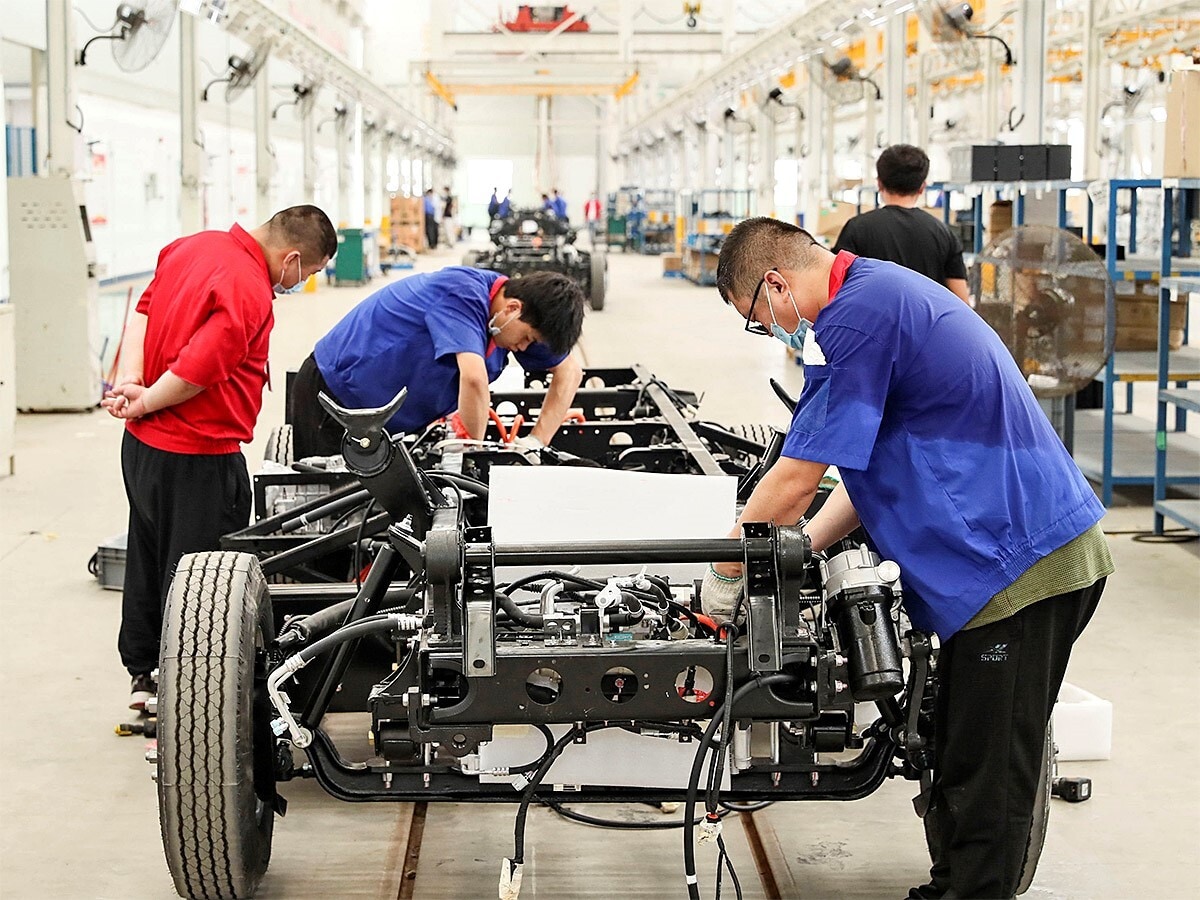Chinese car maker BYD has announced that it abandoned production of full combustion engine vehicles with immediate effect at the start of March. Combustion engine vehicles made up just 1.7% of total vehicle sales in the first quarter and analysts are confident the move won’t hurt BYD’s sales figures.
A filing to the Hong Kong Stock Exchange released on Sunday 3 April revealed that the Warren Buffett-backed Chinese conglomerate BYD [1211.HK] will shift its focus to only produce full electric and plug-in hybrids vehicles.
Investors reacted positively to the news as the share price jumped when the market opened for the week on 4 April to its highest level in a month. The stock has fallen 9.4% since to close at HK$220.80 on 11 April.
The sudden move by BYD to phase out combustion engine-powered and oil-fuelled vehicles makes sense when you look at the numbers.
In January and February, BYD sold 5,049 oil-fuelled vehicles, which pales in comparison with the 49,394 units in the first quarter of 2021. Oil-fuelled vehicles accounted for just 1.7% of the total 291,378 vehicles sold in the first quarter of 2022 down from 47% of 104,145 units sold in the same period last year.
China’s lofty carbon cutting goals
China’s government has set its automakers a target: electric, plug-in hybrid and hydrogen-powered vehicles should account for 20% of all vehicle sales by 2025. At a conference in June 2021, BYD founder Wang Chuanfu said he expected that EVs would make up 70% of the market by 2030.
At COP26, held in Glasgow back in November, BYD signed an agreement to commit to ditching gas guzzling cars for good by 2040. Others to sign the agreement included Ford [F], General Motors [GM], the Mercedes-Benz Group [MBG], Volvo [VOLV-B], and Jaguar Land Rover.
Not all automakers are sold on bringing an end to the sale of fuel-burning cars in China. Audi announced last June that it would be phasing out combustion engines by 2033, but production will continue in China.
While oil-fueled cars are out at BYD, combustion engines will still be required for hybrid vehicles. The company will also keep producing parts and providing after-sales support for existing owners of full combustion engine cars to “ensure the carefree experience and smooth travel”.
Analysts at Singaporean private bank DBS are confident that BYD has strong pure electric and hybrid technology product offerings to boost earnings in the current fiscal year. They point out that sales were up around 500% year-over-year in February.
2021 performance was likely a trough
BYD had expected to deliver 1.2 million new energy vehicles in total in 2022, but with performance in the first part of the year outstripping expectation, the company may revise estimates to 1.5 million, according to a leading news source on China’s EV market, CnEVPost. In 2021 the compay sold 603,783 vehicles.
While electric and hybrid sales are soaring, the company’s automobile and related products segment has historically accounted for a little more than half of total revenue. Its second-largest segment is handset components. Slowing consumer demand for smartphones last year weighed down the company’s overall performance. While total revenue was up 38% in 2021, profit fell 28%.
Analysts at DBS believe “2021 should be the trough” and acknowledge that there are risks. “While [its] supply chain is expected to remain volatile in the near-term, the company is taking measures to ensure a more stable production and shipment flows,” they wrote. BYD has also stockpiled raw materials to support its robust business growth in fiscal 2022.
DBS reiterated its buy rating and a target of HK$330 for the BYD share price. This implies an upside of 49.5% from the most recent closing price.
According to Wall Street Journal data, BYD’s Hong Kong listing currently has 25 ratings: 18 buy, four overweight and three hold. The consensus price target is HK$268.34.
Continue reading for FREE
- Includes free newsletter updates, unsubscribe anytime. Privacy policy





